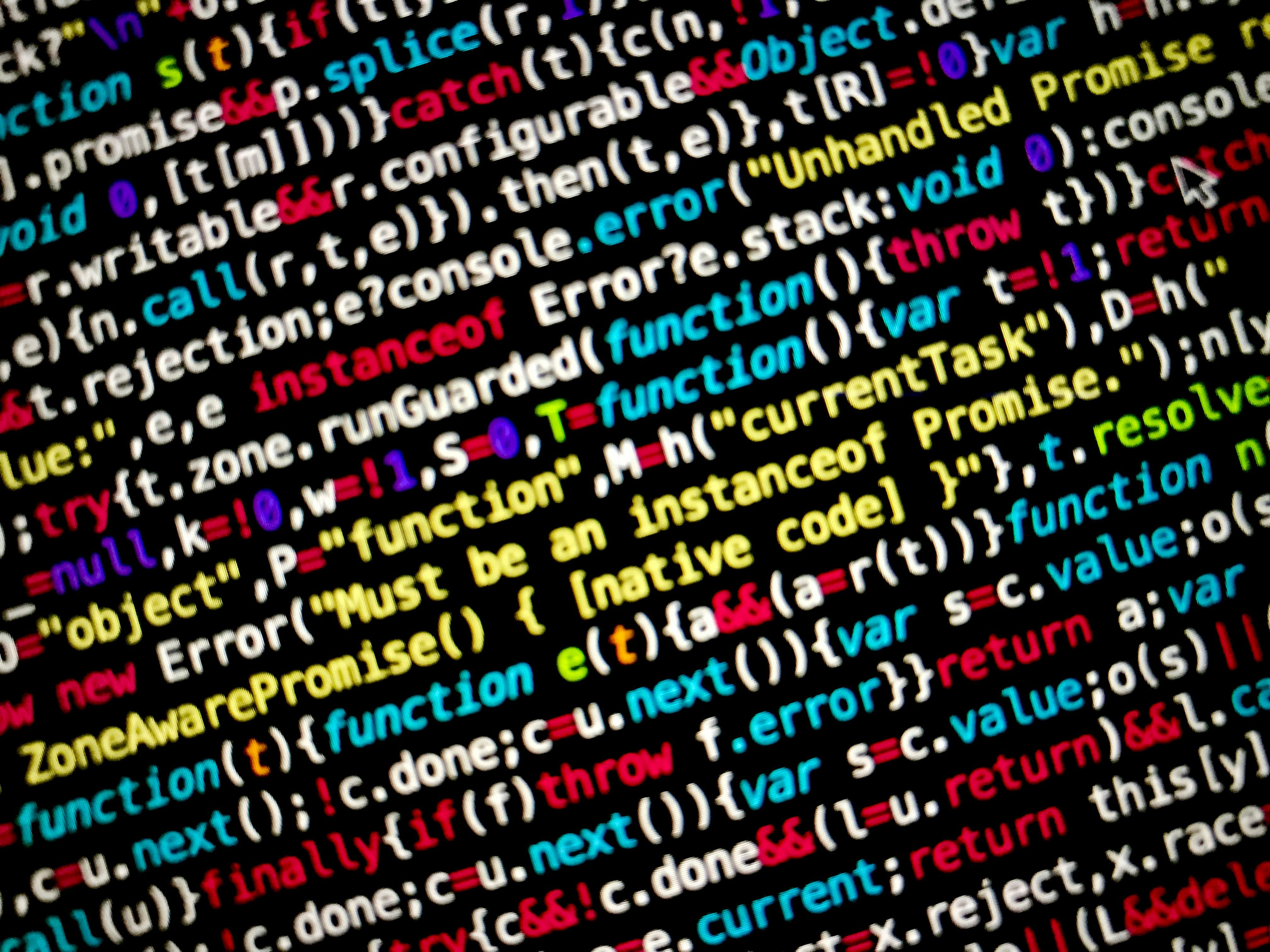Exposing Dark Secrets: The Aftermath of Bétharram and the Struggles of Private School Staff
School violence: private educators voice concerns over 'restrictions' on reporting incidents
In the wake of the Bétharram affair, a grim reality has emerged within France's private schools under contract - an unspoken barrier in reporting acts of violence. During a heated panel discussion on April 30, Valérie Ginette, deputy secretary of the FEP-CFDT, highlighted this issue, stating that the traditional reporting procedures through hierarchical chains can create unwelcome delays.
For educators, "speaking out means putting oneself at risk, it's not always welcomed to question an establishment's reputation," according to a concerned educator. This self-preservation often results in severe consequences, as Delphine Bouchoux, a member of the ministerial consultative committee of masters of private education, pointed out.
While the law mandates informing authorities of any violent incidents, Bouchoux noted that these situations are usually first managed internally. A head of an establishment may hesitate to tarnish their school's image, which could potentially "slow down" the reporting process or even silence situations altogether. "This is the heart of the problem," Bouchoux emphasized. "There should no longer be this filter between teaching staff and competent authorities."**
Marie Troadec, responsible for primary education, is advocating for joint training for public and private schools, expressing concern about non-compliance with circulars and decrees, particularly in the Catholic education sector, regarding the EVC, a program for education on emotional and sexual life.
Despite efforts to eradicate violence against children in schools, Pascale Picol, responsible for the CGT Private Education, maintains that "violence by adults against children is an ongoing struggle."
Following the Bétharram scandal, France's private Catholic schools have made strides towards transparency and accountability. Schools now refer victims to legal channels, associations, or diocesan counseling services. Additionally, dioceses have established dedicated counseling centers and legal avenues for victims to file complaints. Leadership changes, policy alignment, and expanded investigations into potential cases abroad are also underway.
Yet, the immense scale of historical abuses indicates that addressing these issues remains a work in progress. Church leaders acknowledge their systemic failures and are committed to transforming Church structures through collective vigilance. The new leadership, under Cardinal Jean-Marc Aveline, has emphasized the need for closer scrutiny of schools to ensure safety and protection for all students.
- Teachers in France's private schools have expressed concerns about speaking out against acts of violence, as they fear it may put them at risk and potentially tarnish the establishment's reputation.
- Delphine Bouchoux, a member of the ministerial consultative committee of masters of private education, pointed out that the consequences of self-preservation often lead to internal management of violent incidents, which can slow down or even silence situations altogether.
- A concerned educator stated that reporting acts of violence within private schools can be unwelcome due to the fear of questioning an establishment's reputation.
- In an attempt to address these issues, France's private Catholic schools have started referring victims of abuse to legal channels, associations, or diocesan counseling services, and have established dedicated counseling centers and legal avenues for victims to file complaints.





